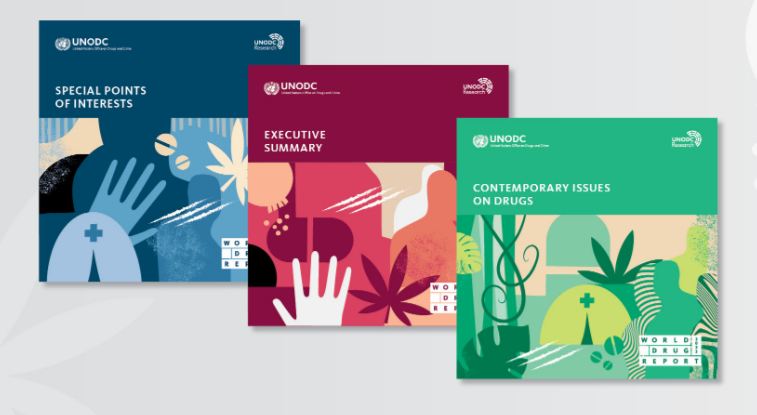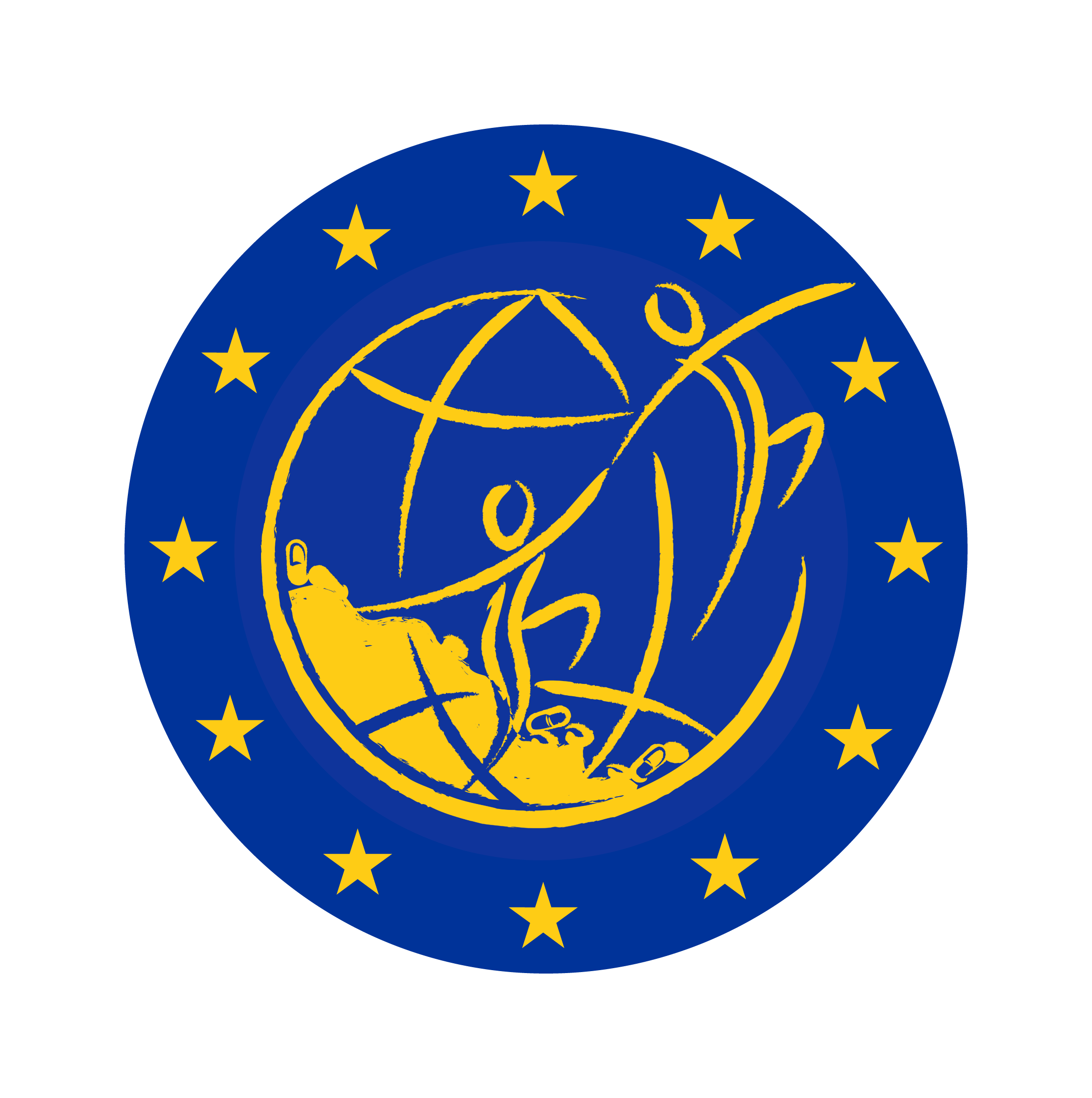Vienna (Austria), 20 July 2023 – UNDOC’s World Drug Report is a crucial annual publication that provides member states and civil society with up-to-date and comprehensive information on global drug trends, patterns of drug use, and emerging substances. The knowledge equips civil society organizations worldwide with a solid understanding of the current landscape, empowering them to effectively educate their communities, advocate for evidence-based policies, and implement effective interventions, working towards a healthier and safer society.
 The UNODC Civil Society Unit (CSU) and the Vienna NGO Committee on Drugs (VNGOC) jointly organized a webinar for civil society, presenting the key findings of this year’s World Drug Report. The webinar provided a spotlight on the latest global and regional trends. Simultaneous interpretation in English, Russian, Spanish and French allowed participants to discuss the latest data with the authors of the 2023 World Drug Report.
The UNODC Civil Society Unit (CSU) and the Vienna NGO Committee on Drugs (VNGOC) jointly organized a webinar for civil society, presenting the key findings of this year’s World Drug Report. The webinar provided a spotlight on the latest global and regional trends. Simultaneous interpretation in English, Russian, Spanish and French allowed participants to discuss the latest data with the authors of the 2023 World Drug Report.
Ms. Chloe Carpentier, Chief of UNODC Drugs Research Section, and Mr. Thomas Pietschmann, Research Officer, provided an overview of the latest developments in the World Drug Report 2023, published on 26 June. They also introduced the new interactive online segment which enables easy access to the available data and allows users to extract graphs and maps as required.
This year’s report emphasizes, among other, that a growing number of people worldwide suffer from drug use disorders, 296 million in 2021. This is often exacerbated by the increasing proliferation of cheap synthetic drugs and illicit drug economies that flourish in situation of conflicts. Partnerships are key to reduce the adverse health and social consequences of drug abuse and civil society has an open role to play, often having better access to key populations on the ground.
During the Webinar, two civil society experts also shared their insights and experiences on some of the issues highlighted in the World Drug Report. Professor John Toumbourou from the Dalgarno Institute in Australia discussed prevention and treatment of drug use disorders. He highlighted the success of abstinence-based programs and policies in reducing school-age alcohol, tobacco, and other drug use. Australia’s approach focused on prevention may serve as a positive example in addressing drug-related issues among youth. Focusing on the Amazon region in South America, Rebeca Marques Rocha, representing Youth RISE, stressed the importance of investing in health and education, and offering employment opportunities for young people and indigenous groups in order to more effectively tackle organized crime, including drug trafficking, in the region.
With more than 350 attendees from over 80 countries engaging in a lively questions and answers section, the webinar reflected the enormous interest in up-to-date, reliable data on drug related matters among civil society organizations.



